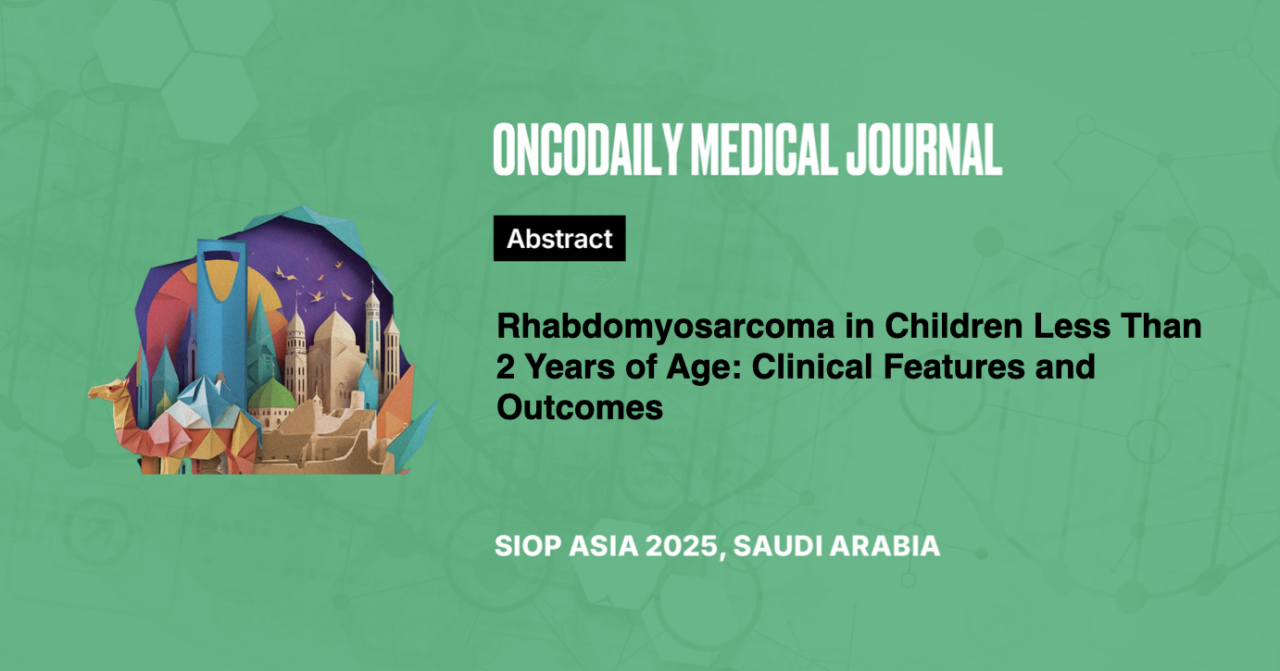Rhabdomyosarcoma in Children Less Than 2 Years of Age: Clinical Features and Outcomes
Abstract
Introduction: Rhabdomyosarcoma (RMS) typically responds well to a combination of treatments including chemotherapy, radiotherapy, and surgery. The prognosis is generally favorable for children aged 1-9 years. However, infants may fare worse due to receiving less aggressive local therapy, often skipped or reduced over concerns about the long-term effects of surgery or radiation. This study aims to investigate the treatment outcomes of children under 2 years of age with RMS.
Methodology: We retrospectively reviewed children (< 2 years) with newly diagnosed RMS who presented to our center from January 2002 until December 2023. Patients and tumor characteristics, treatment modalities, and outcomes were analyzed. All cases were discussed in a multidisciplinary clinic that included two experienced radiotherapists and two experienced surgeons.
Results: We identified 34 cases of RMS in patients under 2 years old at the time of diagnosis, with 24(71%) being male. The most common tumor site was the bladder/prostate (N=13,38%), followed by orbital (N=5,15%). The predominant histological subtype was embryonal (N=30). The majority of patients, 25 (76%), had tumors larger than 5cm, and six(18%) had metastasis at the time of diagnosis.
All patients underwent evaluation for surgical resectability; primary tumor resection was carried out in 14 patients(41%), among whom nine(60%) had positive margins. Radiotherapy was administered to 23 patients(68%) at a median dose of 50.4Gy(range,24-50.4). Fourteen patients experienced relapse/ progression, with nine exhibiting local site relapse and two experiencing combined local and lung relapse. After a median follow-up of 163 months, 16 patients had died. The 5-year event-free(EFS) and overall survival(OS) rates were 55.1% and 57.5%, respectively, with a 5-year EFS and OS of 60% for patients aged ≤1 year in sub-analysis.
Conclusion: In this research, patients under the age of two with RMS showed favorable outcomes when local control measures were implemented. However, the high rates of local recurrence emphasize the necessity for enhanced local control Methodology: in this specific group of patients.





